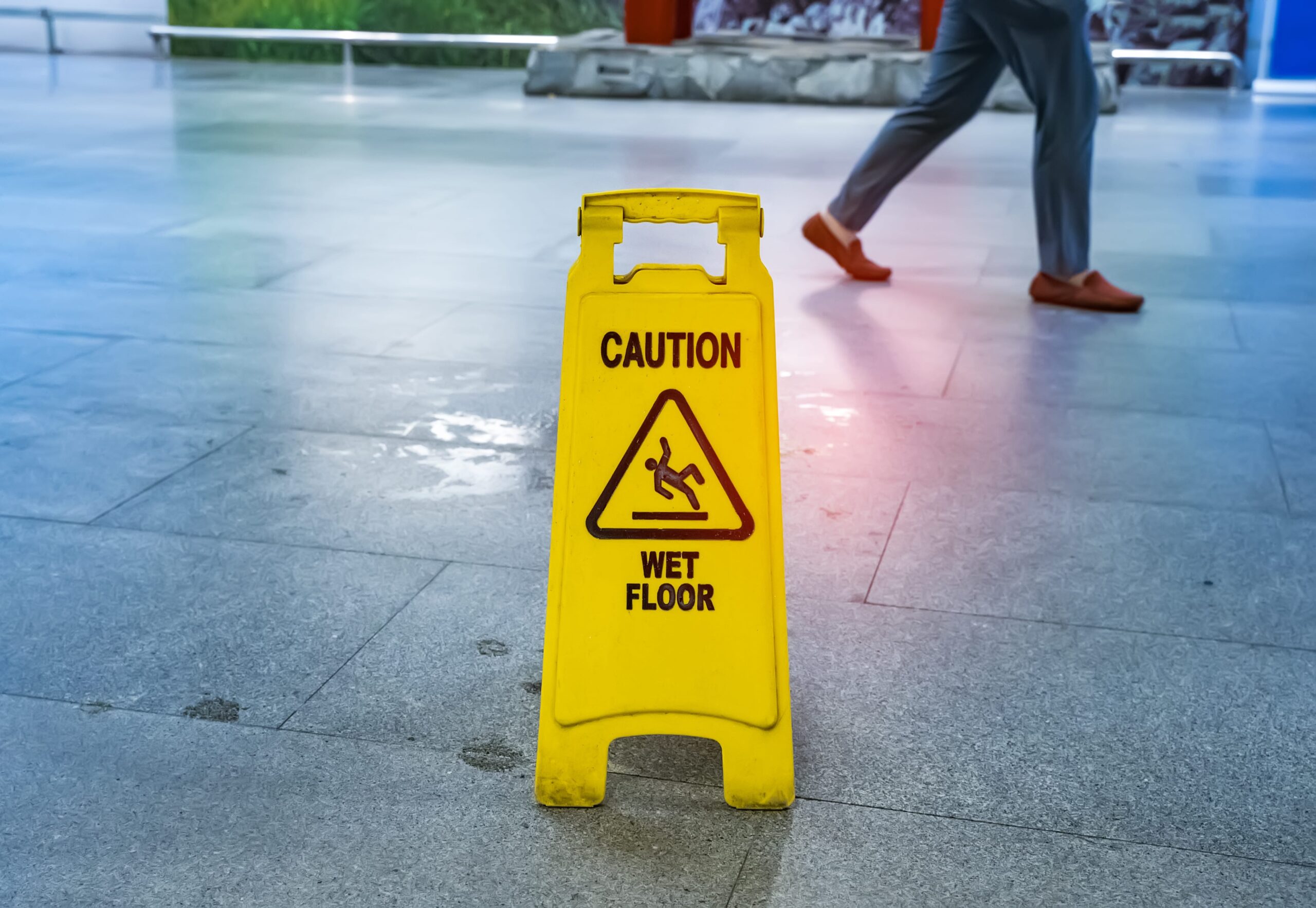If you were injured on someone else’s property or due to someone else’s actions or negligence, you may be entitled to monetary compensation. Personal injury lawyers handle a variety of types of cases, including those involving personal liability and premises liability. Although these types of liability are related, they’re not exactly the same. Premises liability vs. personal liability: what’s the difference?
What Is Premises Liability?
Premises liability vs. personal liability. To understand the differences between the two, you must first know the definitions. Premises liability is a legal phrase that refers to situations in which someone is injured because of unsafe or defective conditions on someone else’s property. Property owners and businesses have a legal duty to reasonably maintain their property to prevent lawful visitors from suffering foreseeable injuries from dangerous conditions. This duty extends to the following:
- Invited guests
- Shoppers
- Individuals present for business purposes (postal workers, meter readers, delivery drivers, etc.)
In most cases, property owners do not owe a duty of reasonable care to trespassers. Under R.S.Mo. 537.346, landowners do not owe a duty of care to trespassers who enter their residential area and are injured. However, property owners can’t set traps to injure trespassers maliciously.
There are some exceptions under which a property owner could hold premises liability to a trespasser. For example, if the owner has a swimming pool or something similar that they know might attract children to trespass, they should erect fences around it and keep the gate locked to prevent children from entering and drowning.
To meet their duty of care, landowners and businesses must fix hazardous conditions they know or reasonably should know about to prevent others from suffering injuries. This might include a duty to regularly inspect the premises to identify dangers, promptly repair them, and post warnings so visitors are aware and can avoid them. If someone is injured because of an unrepaired defect on the property, they might recover compensation for their losses by filing a premises liability claim against the owner.
Accidents that often lead to premises liability claims include the following:
- Slip-and-fall accidents
- Swimming pool accidents
- Inadequate security
- Construction site accidents
- Falling trees
What Is Personal Liability?
When comparing premises liability vs. personal liability, it’s helpful to view premises liability as a type of personal injury claim while viewing personal liability as a description of a person’s fault for causing an accident and injuries to another person. A person is personally liable to pay compensation when they negligently or intentionally cause accidents and injuries.
Every person has a duty of reasonable care to prevent others from being injured. When someone violates this duty and someone is injured, they can be personally liable to pay damages to compensate the injured person. While the victim can seek to recover compensation from the person’s assets, most injury claims instead involve claims with their insurance companies. For example, a car accident victim would likely pursue a claim against the at-fault driver’s auto insurance instead of the negligent driver directly.
Examples of cases involving personal liability include the following:
- Truck accidents
- Motor vehicle accidents
- Car accidents
- Civil assaults
- Intentional torts
To win these types of cases, the victim must prove each of the following legal elements of negligence:
- The defendant’s duty to the victim
- The defendant’s breach of the duty of care
- The causal connection between the breach and the subsequent accident and injuries
- Calculable damages
Talk to a Personal Injury Attorney
Understanding the differences between premises liability and personal liability can be a little tricky. However, an experienced personal injury attorney can explain the differences and the potential legal theories that might apply to your case. If you suffered serious injuries through no fault of your own and believe they were caused by someone else’s actions or failures to act, schedule a free consultation with a lawyer at the Law Offices of Bryan Musgrave. Call us today at 417-322-2222 or contact us online.

